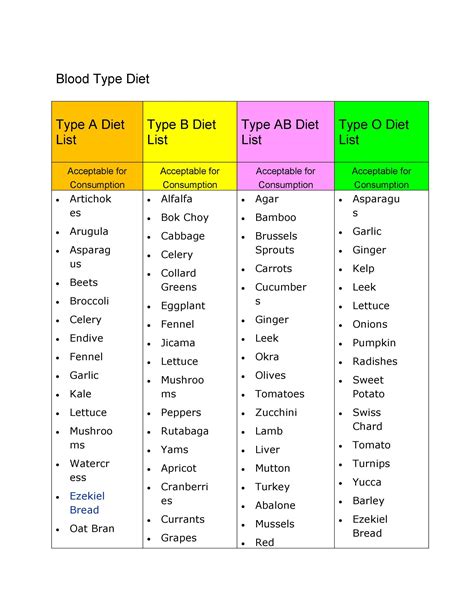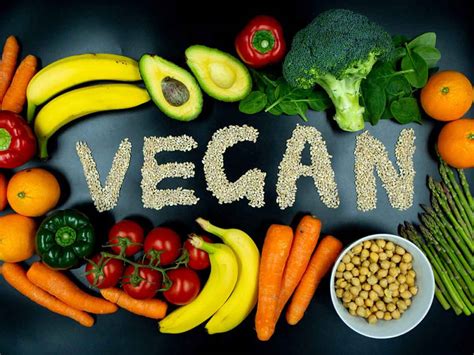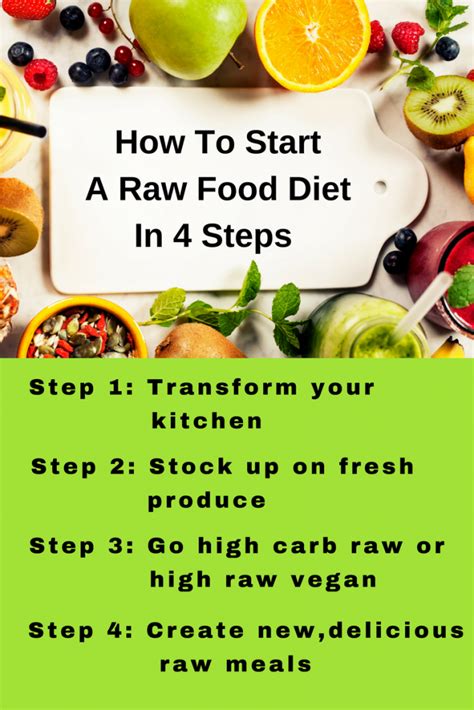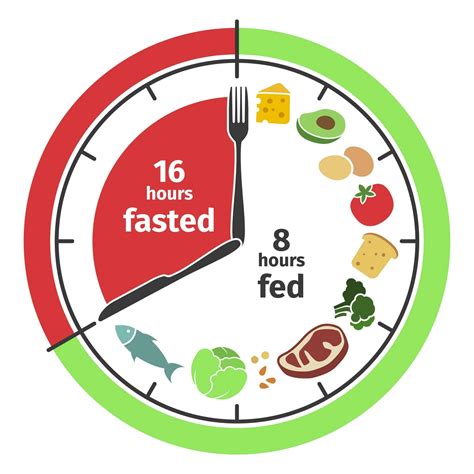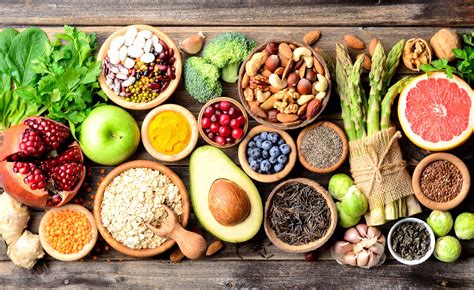Discover the benefits, risks, and key principles of the raw foodism diet. Learn how to transition to raw foodism for a healthier lifestyle.
What is Raw Foodism Diet?
Contents
Raw Foodism Diet is a dietary practice that involves consuming foods in their natural state, or as close to their natural state as possible. This means that the diet mainly consists of uncooked, unprocessed, and organic foods such as fruits, vegetables, nuts, seeds, and sprouted grains. The philosophy behind raw foodism is that cooking and processing foods can destroy their enzymes, nutrients, and natural beneficial properties, leading to a range of health issues.
Proponents of raw foodism believe that by consuming raw foods, the body is better able to absorb nutrients and maintain optimal health. The diet is typically high in fiber, vitamins, and minerals, and low in saturated fats and sodium. Some proponents also claim that raw foodism can help with weight loss, increased energy levels, and improved digestion.
However, it’s important to note that there are different variations of raw foodism, ranging from a completely raw diet to one that includes some cooked foods. The goal of raw foodism is to incorporate as many raw and unprocessed foods into the diet as possible, rather than rigidly following a specific set of rules. This flexibility allows individuals to tailor the diet to their own preferences and lifestyle.
While raw foodism has gained popularity in recent years, it is important to be aware of the potential risks associated with the diet. A raw food diet can be low in certain essential nutrients, such as protein, calcium, and vitamin B12, which are primarily found in animal products. Additionally, some people may find it difficult to maintain a balanced and varied diet on raw foodism, which can lead to nutritional deficiencies. It is crucial to carefully plan a raw food diet to ensure that all nutritional needs are met.
Benefits of Raw Foodism
Benefits of Raw Foodism
One of the key benefits of following a raw foodism diet is the increased intake of essential nutrients and enzymes. Raw fruits, vegetables, nuts, and seeds are rich in vitamins, minerals, and enzymes that are often destroyed during cooking. By consuming these foods in their natural state, individuals can ensure that they are getting the maximum nutritional benefit from each item. This can lead to improved digestion, increased energy levels, and better overall health.
Another benefit of raw foodism is the potential for weight loss and weight management. Many raw foods are naturally low in calories and high in fiber, making them an ideal choice for individuals looking to shed excess pounds. Additionally, the high water content of many raw fruits and vegetables can help promote feelings of fullness and satiety, reducing the likelihood of overeating.
Individuals who follow a raw foodism diet may also experience improved mental clarity and cognitive function. The nutrients found in raw foods can support brain health and function, leading to better focus, concentration, and memory. Additionally, some proponents of raw foodism believe that the diet can have a positive impact on mood and emotional well-being, potentially reducing the risk of anxiety and depression.
In addition to the physical and mental benefits of raw foodism, many individuals also report a positive impact on their skin, hair, and overall appearance. The high levels of antioxidants and other nutrients found in raw fruits and vegetables can help protect the skin from oxidative damage and promote a healthy, glowing complexion. Some individuals also report shinier hair, stronger nails, and a more youthful appearance after adopting a raw foodism diet.
Overall, the benefits of raw foodism include improved nutrition, weight management, mental clarity, and enhanced appearance. While the diet may not be suitable for everyone, those who are able to make it work for their lifestyle and dietary needs may experience a range of positive outcomes.
Transitioning to Raw Foodism
Transitioning to a raw foodism diet can be an exciting but challenging journey. It involves a shift from consuming cooked and processed foods to primarily eating uncooked and unprocessed fruits, vegetables, nuts, seeds, and grains. This dietary change can significantly impact your health and well-being, but it’s essential to approach it in a gradual and mindful manner to avoid any potential adverse effects.
When transitioning to a raw foodism diet, it’s crucial to start by incorporating more fresh fruits and vegetables into your meals. Begin by adding a raw fruit or salad to your daily lunch or dinner, gradually increasing the portion size as your body adjusts to the change. This allows your digestive system to adapt to the higher fiber content in raw foods and can help prevent any discomfort or digestive issues.
Another important aspect of transitioning to a raw foodism diet is to experiment with different types of raw foods and recipes. Explore the variety of fruits, vegetables, nuts, seeds, and grains available and try incorporating them into your meals in creative ways. This can help prevent monotony and ensure that you’re receiving a wide range of nutrients from your diet.
It’s also crucial to be mindful of your body’s response to the dietary shift. Pay attention to how you feel after consuming raw foods, both physically and mentally. Some individuals may experience detoxification symptoms during the transition phase, such as headaches, fatigue, or changes in bowel movements. Being aware of these potential effects can help you make necessary adjustments and ensure a smoother transition to a raw foodism diet.
In addition, seeking guidance from a nutritionist or healthcare professional can be beneficial when transitioning to a raw foodism diet. They can provide personalized advice and support to help you navigate the dietary changes and ensure that you’re meeting your nutritional needs. Consulting with an expert can also help address any concerns or questions you may have about the transition process, making it a more informed and manageable experience. Overall, transitioning to a raw foodism diet requires patience, open-mindedness, and a willingness to listen to your body’s needs as you embark on this transformative journey towards improved health and vitality.
Key Principles of Raw Foodism
Raw Foodism is a dietary lifestyle that emphasizes the consumption of unprocessed, plant-based foods. The key principles of Raw Foodism revolve around the belief that raw foods are more nutritious and beneficial for the body.
One of the main principles of Raw Foodism is the consumption of uncooked and unprocessed foods. This includes fruits, vegetables, nuts, seeds, and sprouted grains. The idea is to preserve the natural enzymes, vitamins, and minerals found in these foods by avoiding cooking methods that can denature these essential nutrients.
Additionally, another principle of Raw Foodism is the focus on organic and locally-sourced produce. This is to ensure that the foods consumed are free from harmful chemicals and pesticides, and also to support local farmers and sustainable farming practices.
Another key principle is the belief in consuming a balance of different types of raw foods. This includes a variety of fruits, vegetables, nuts, seeds, and sprouted grains to ensure that the body receives a wide range of essential nutrients. The emphasis is on creating vibrant and diverse meals that are high in nutrition.
Lastly, Raw Foodism also advocates for the importance of food combining in order to optimize digestion and nutrient absorption. This principle focuses on consuming certain foods together to enhance their nutrient bioavailability and to prevent digestive issues.
Potential Risks of Raw Foodism
Raw foodism is a diet that promotes consuming uncooked, unprocessed, and often organic foods such as fruits, vegetables, nuts, seeds, and sprouted grains. While it is praised for its numerous health benefits, it is important to also be aware of the potential risks associated with this diet.
One of the main concerns with raw foodism is the risk of nutrient deficiencies. Since the diet eliminates certain food groups such as dairy, grains, and legumes, individuals may not be consuming enough essential nutrients such as calcium, iron, and B vitamins. This can lead to anemia, weak bones, and other health issues.
Another potential risk of raw foodism is the threat of foodborne illnesses. Consuming raw or undercooked foods increases the risk of food poisoning from bacteria such as E. coli, salmonella, and listeria. This can cause severe gastrointestinal distress and other serious health complications.
In addition, raw foodism may pose a challenge for individuals with certain medical conditions. Those with compromised immune systems, digestive disorders, or specific food allergies may find it difficult to maintain a balanced and safe raw food diet, putting their health at risk.
It is also important to note that adopting a raw food diet can lead to social and psychological challenges. Many social gatherings and restaurants may not cater to raw foodists, leading to feelings of isolation and difficulty in maintaining the diet in certain situations.


